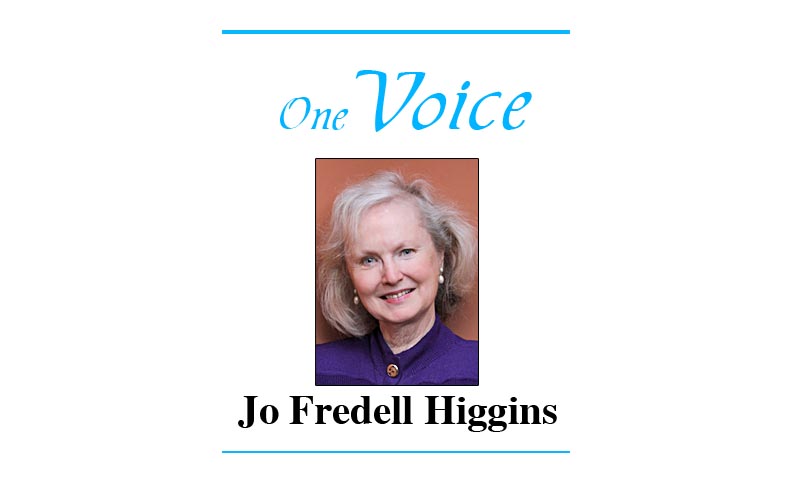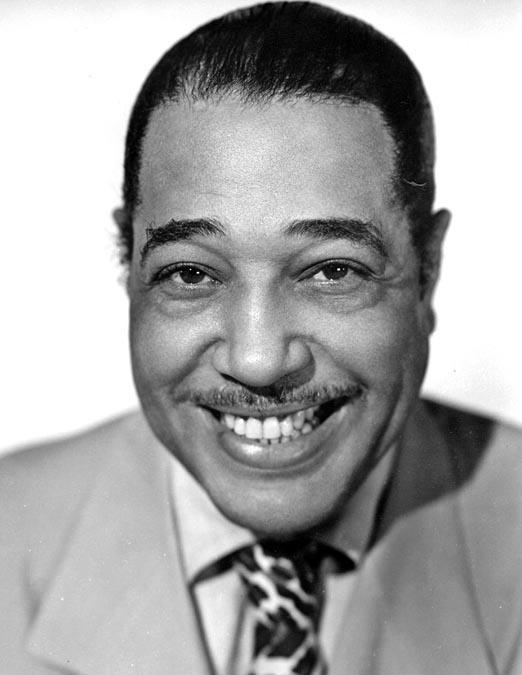
The King of the Keys. The Piano Prince. Edward Kennedy Ellington. Just call him “The Duke” which he always requested.

Wikipedia photo
He was born April 29, 1899 to James and Daisy Ellington in Washington, D.C.. Both parents were pianists. His mother was the daughter of a former American slave. His father, James, made blueprints for the United States Navy. Duke began taking piano lessons at the age of seven. His mother surrounded her son with dignified women to reinforce his manners and teach him to live elegantly. His casual manner, his easy grace, and his dapper dress gave him the bearing of a young nobleman.
Duke recalled that president Teddy Roosevelt would come by on his horse to watch the baseball games. Wonder how many bodyguards the president had with him and were they on horses? Duke had his first job selling peanuts at the Washington Senators baseball games because he had a keen interest in baseball.
His next job in Summer 1914 was working as a soda jerk at the Poodle Dog Café. He wrote his first composition “Soda Fountain Rag” and created the piece by ear because he had not yet learned to read and write music.
From the mid-1920s he was based in New York City and gained a national profile through his orchestra’s appearances at the Cotton Club in Harlem, an engagement that lasted five years. Night after night his orchestra played music which was broadcast over the radio. By the 1930s, his orchestra toured in Europe.
As bandleader, musician, jazz, and swing composer and conductor, Duke wrote more than 1,000 compositions. He recorded for many American record companies of his era and performed in several films, scored several and composed a handful of stage musicals. He was noted for his inventive use of the big band orchestra and for his eloquence and charisma. His reputation continued to rise after his death and he was awarded a posthumous Pulitzer Prize Special Award for music in 1999.
Duke played throughout the East Coast and into Virginia for private society balls and embassy parties. The band included a string bass, a sax, an alto saxophone, a trumpet, a banjo and drums. The band thrived, performing for both African American and white audiences, which was a rarity in the segregated society of that day.
January 23, 1943 Duke performed a concert at Carnegie Hall in New York City. That event showed the world that Duke Ellington was an accomplished composer, a symphonic master whose music had come to be regarded as beyond category. The roots of jazz encompass several types of music, including blues, ragtime, folk music, and marches. Inside Carnegie Hall was sizzling music and applause. Duke had become a master maestro.
His “Take the A Train”, “Sophisticated Lady” and his 1931 “Mood Indigo” are instantly recognizable. His “Creole Love Call” was spicier than a pot of jambalaya, according to one review. Duke told his band to play whatever came to mind and to improvise their solos. He wanted the music to fly! And it did! A subway beat came out on the bass drum. A sassy ride on the cymbal. Percussion sounds were smooth and steady. The sleek brass sax curled notes like a kite tail in the wind.
His awards were plentiful. Included were the 1966 Grammy Lifetime Achievement Award, the 1969 Presidential Medal of Freedom, the 1973 French Legion of Honor, the 1978 Big Band and Jazz Hall of Fame, and in 1986 a commemorative 22-cent U.S. stamp.
Duke was married once and had one son. He had other romantic relationships after the marriage ended.
Upon his death at age 75, May 24, 1974, Ella Fitzgerald remarked “It’s a very sad day. A genius has passed.” She was one of 12,000 mourners who attended his funeral.

